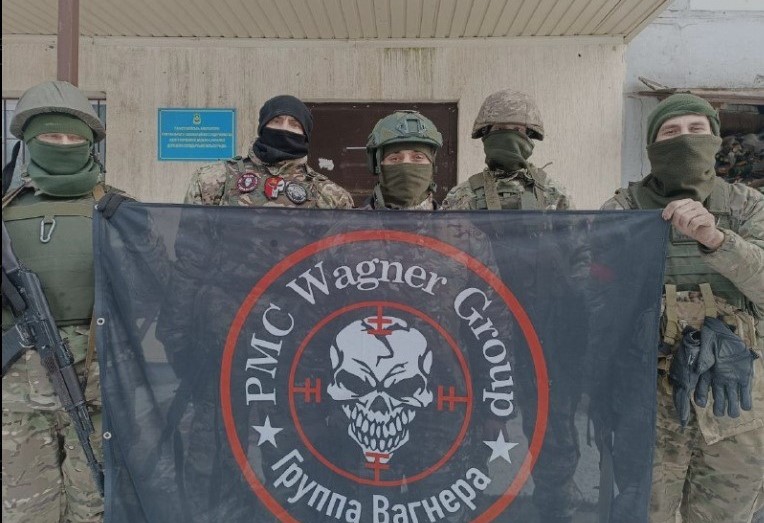
Strategic priorities for the Russian PMC WAGNER: geopolitics, propaganda and mercenary business

- EU and strategic partners,
- EU strategy and foreign policy,
- Europe in the World,
- European defence / NATO,
The activities of a Private Military Company (PMC) traditionally involve 3 other parties: the Contracting State (which enters into a contract with the PMC and defines the mission), the Territorial State (where the PMC will operate) and the Home State (which has the PMC headquarters under its jurisdiction). While Western Contracting States generally recognise the Montreux Document (which reaffirms the international legal obligations of States) and Western PMCs observe the self-regulatory ‘International Code of Conduct’ (which serves as the governance and oversight mechanism), Russian PMCs operate in absence of any regulatory provision or national legal framework. De facto, this means that Russian PMCs determine their own ends, ways and means, which do not necessarily coincide with the strategic priorities of the Kremlin or any other contracting party. A case in point is the strategic use that the Kremlin has made of the Wagner group since 2014 in Ukraine, mostly in synergy with the Russian Federation Armed Forces; until its leader – Yevgeny Prigozhin – started pursuing his own stratagems. Over the years, the business model of the Wagner group has taken a global dimension and has become versatile and adaptive to the circumstances. As will be analysed in the second section, the result is that its strategic priorities might significantly diverge from those of its patron, be it the Kremlin or customers abroad. In the first case, this loss of control inevitably increases tensions with the military and even sparked the emergence of new players in the Russian security ecosystem. For African regimes, loss of control of their natural resources and recurring violations of human rights by Wagner mercenaries is often the outcome. For good measure, though, the future of the Wagner group and its high-profile leader will largely depend on the success of the counter-strategies developed by Western governments and the outcome of the special military operation in Ukraine, as will be argued in the last section.
(Photo credit: Press service of Prigozhin )